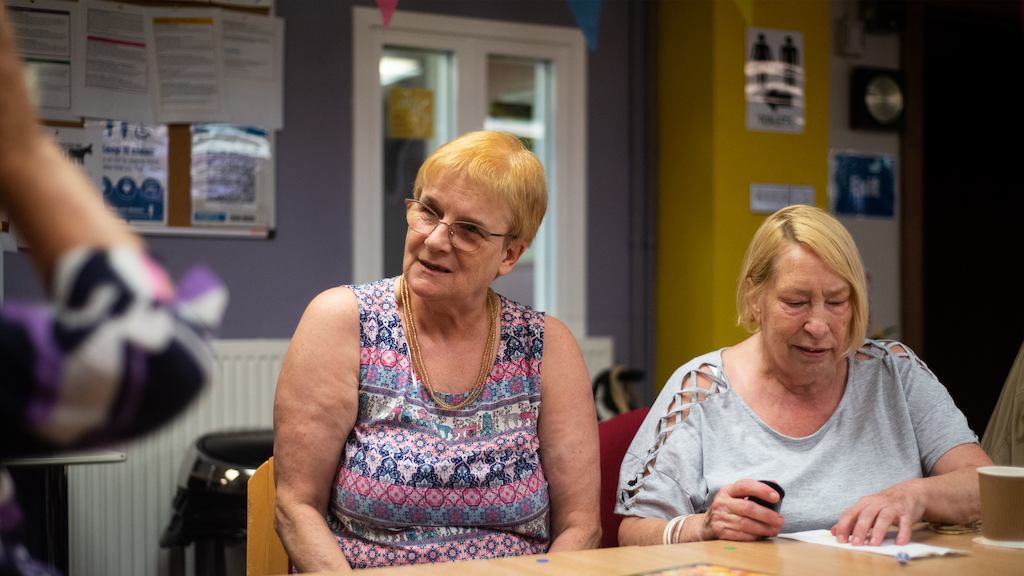The new data show shows that healthy life expectancy, the average number of years that a person can expect to live in "full health" without disease and/or injury, is falling in the majority of England and has not recovered to pre-pandemic levels.
Overall 132 areas in England (87.4%) saw male healthy life expectancy at birth fall since the 2017 to 2019 period. Similarly, 131 areas (87%) have experienced a fall in female healthy life expectancy at birth since 2017 to 2019.
The ONS statistics indicate that that there is a large difference in healthy life expectancy between the wealthiest and most deprived areas in England.
Men in the most affluent areas are experiencing nearly 18 more years in good health. And likewise, women in the most affluent parts of England are also experiencing more than 18 years healthy life that women in poorer areas.
Most regions of England experienced a fall in healthy life expectancy at birth since the pre-coronavirus (COVID-19) pandemic period (2017 to 2019).
For men, the largest fall in healthy life expectancy is the North West region (31 months). For women, all regions have seen a fall, with the South West seeing a fall of more than 32 months.
And this data also shows how regional gaps in healthy life expectancy are widening.
In 2017-2019 the difference in healthy life expectancy for men between London, with the highest healthy life expectancy, and North East, with the lowest, was just over four years. By 2021-2023, the gap had increased to seven years.
Sarah Wilkinson, Evidence Manager at the Centre for Ageing Better, said:
“We see a worrying trend whereby inequalities in England and Wales mean that many people experience a poor quality of health in older age. The newly released healthy life expectancy data clearly shows that much work needs to be done.
“There is an enormous gap in the way that people experience getting older – and much of this is dictated by where you live, as well as your financial situation. Some older people lead a comfortable life, but this is not the case for many, and it is in stark contrast to the myth that all older people are affluent, living a life of leisure and pleasure.
“It’s worrying that there is a significant gap between different parts of the country, and this is growing. We see healthy life expectancy falling significantly for those living in more deprived parts of our country. The state pension age is scheduled to rise to 67 from 2026, but many people fall into poor health many years before this age. In the most deprived areas of the country, poor health begins in the early 50s – impacting around a third of a person’s working life.
“The COVID-19 pandemic has made a tangible difference to the general health of people in our country, but it does not solely account for so many ongoing negative trends we have seen, with healthy life expectancy for women declining since 2017.
“We need immediate action, or we will go on seeing two populations leading disparate and unequal lives. This is not how a modern western society should be.
“These stats only further highlight the need for a Commissioner for Older People and Ageing for England, who will amplify the voices of the many older people who continue to be marginalised and ignored. We need to make sure that the issues that affect older people are considered in policymaking across government.
“And we also need to ensure that an ageing society strategy looks at the poorest and most vulnerable older people. This needs to be based on the data that illustrates the different ways that our communities experience older age so that we can tackle these challenges. A poor quality of life in older age is not inevitable, and the solutions exist. We just need the will, the action and the energy to alter the current trends.”

